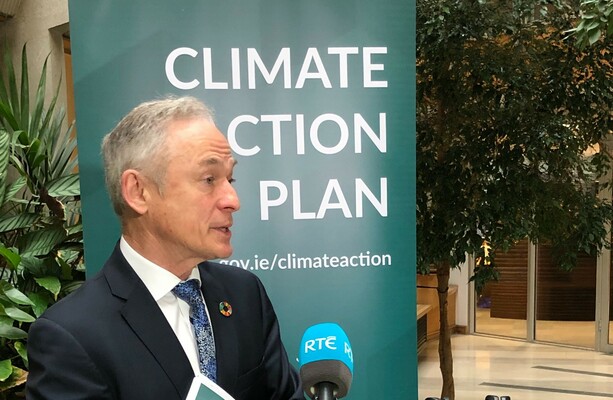The writing is very clearly on the wall that electric vehicles are coming and it is mostly a case of ‘when’ not ‘if’. Some countries have already given committed dates and many others have made no commitment yet but production will change for vehicles (meaning sourcing non-electric vehicles will become more difficult by the end of the 2030’s and the costs will go up) and the demand for petrol/gasoline will start to correspondingly drop off (which again means costs will go up, not down). With all this happening the cost of EVs is coming down (just like solar did) and grids are getting greener.
So it is pure economics at play, earlier for some countries and later for others. The ‘later’ countries may think they are better off but I suspect their transition may be shorter and sharper when options just run out. The change has already started (as we can see nearly every vehicle manufacturer finally readying themselves) so it will be a fascinating decade to come as we watch people’s minds being altered. Unfortunately the disruption will also be felt by petrol/gasoline stations and the very lucrative vehicle maintenance industry. It’s changing times…
See https://www.thejournal.ie/richard-bruton-electric-vehicles-legislation-4949918-Dec2019/
#environment #EV
#^Motorists ‘should reassess electric’ when buying new cars as laws banning petrol, diesel cars being drafted
The minister said grants and subsidies will be removed ‘in due course’ for motorists buying electric vehicles.

